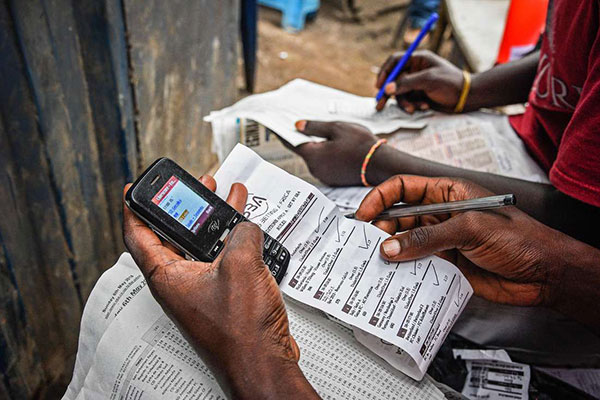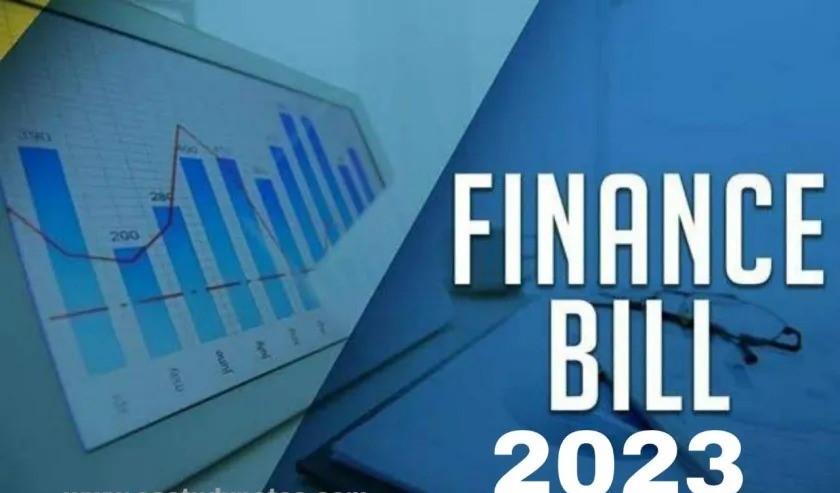Finance Bill 2023 has been causing waves across the country, with the kenya kwanza team supporting it while the opposition side promising to oppose it, so what does the finance bill 2023 entail?
The Kenya Treasury Cabinet Secretary submitted the Finance Bill 2023 to Parliament on April 28, 2023. The Bill is introduced as a matter of normal fiscal budgeting process. He would change several tax laws, including the Income Tax Act (ITA), the VAT Act of 2013, the Excise Duty Act, the Tax Procedures Act of 2015 (TPA), and the Miscellaneous Fees and Levies Act.

The Bill proposes raising the gross sales tax from 1% to 3% while bringing more micro enterprises into the tax net by decreasing the entrance point to Sh500,000 from Sh1,000,000.while the upper band has been reduced to ksh 15 million. This change comes barely three years after the turnover tax was reduced from 3% to 1% under the reign of former president uhuru kenyatta.
The effect of the tax will be that more small and medium-sized enterprises will now be subject to taxation, resulting in an increase in the basket of turnover tax from the higher tax rate.
Did you read this?
A proposal is to levy a 35% personal income tax on individuals earning more than Ksh 500,000 per month. This will be a 5% increase from the current 30%.
.png)
Another key aspect of the bill is the introduction of the digital asset tax. It has proposed a 3% tax on the transfer charges during the exchange of digital assets, such as anything of value that is not tangible and cryptocurrencies, token codes, numbers held in digital form and generated through cryptographic means and non-fungible tokens (NFTs) or any other token of similar nature.
The finance bill 2023 seeks to introduce an expanded definition of winnings. It is defined as the payoff from a betting, gaming, lottery, prize competition, gambling, or a similar transaction under the Betting, Lotteries, and Gaming Act, less the amount staked. The proposed tax not only applies to the winnings but also to the amount initially staked. The bill suggests a 20% withholding tax from the 'winnings'.

Another group that will be affected by the proposed bill are digital content creators. 15% of the payments made to digital content creators will be withheld. Content creation is the fastest-growing form of employment for young people, and the government aims to introduce this group to its tax base.
Housing levy deductions are another controversial tax in the finance bill. The bill proposes the introduction of a 3% mandatory deduction toward the National Housing Development Fund. The amount will be taken from the employees' basic monthly salary.

The Housing Ministry is expected to develop criteria for people who qualify for affordable housing and will use their deductions to fund their home-buying journey.
Individuals who do not meet the criteria will be reimbursed at the end of seven years or may choose to pass the benefit on to someone who qualifies for the low-income housing plan.
The bill seeks to empower KRA to compel certain corporations in specific industries to pay excise immediately. The finance bill 2023 proposes a 5% excise duty on products such as Cosmetics- Human hair, wigs, false beards, brows, eyelashes, and artificial nails.

Other new excisable items include imported fish for Sh100,000 per metric ton, or 20%, powdered juice (20%), and imported cement (10% of the value, or Sh1.50 per kilogram).
The Bill's approval deadline is June 30, 2023, which coincides with the enactment of the Appropriation Law, 2023.












